Optimal Timing for Wasp Nest Removal
Wasp nest removals are most effective when performed during specific times of the year. Timing can influence the safety, efficiency, and success rate of removal efforts. Understanding wasp behavior and lifecycle stages is crucial for determining optimal removal periods.
Wasps begin building nests in spring when temperatures rise. Early removal can prevent large colonies from forming.
Summer sees peak wasp activity. Nests are larger, making removal more challenging and potentially more dangerous.
As temperatures drop, wasp activity decreases. Nests become less active, and removal is easier and safer.
Most wasps enter dormancy or die off, making winter an ideal time for removal without disturbance.
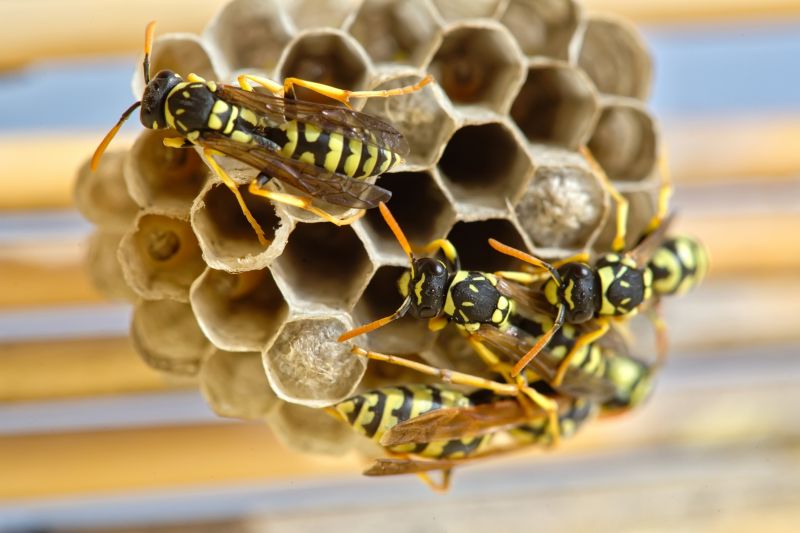
Early-stage nest building in spring.
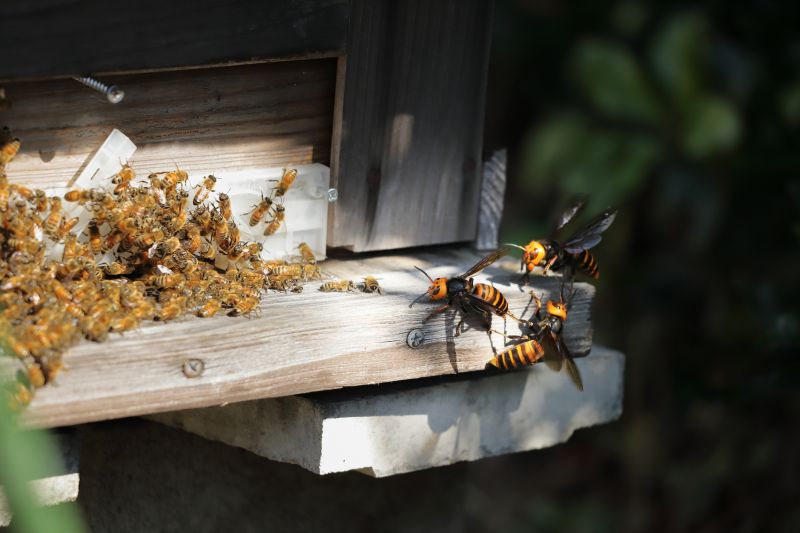
Active wasp colony during summer.
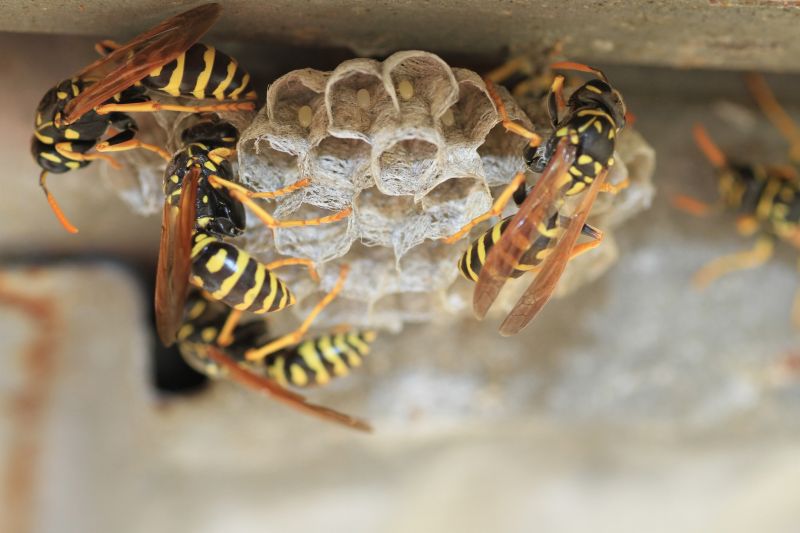
Diminishing wasp activity in autumn.
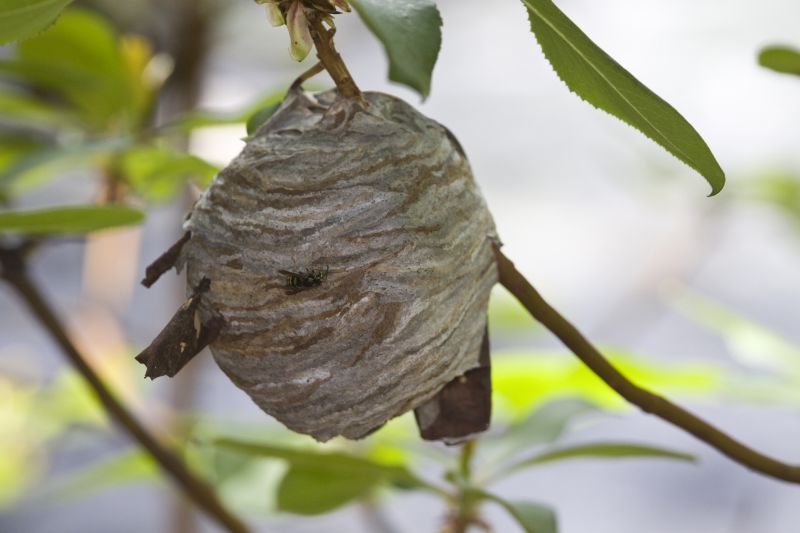
Ways to make Wasp Nest Removals work in tight or awkward layouts.
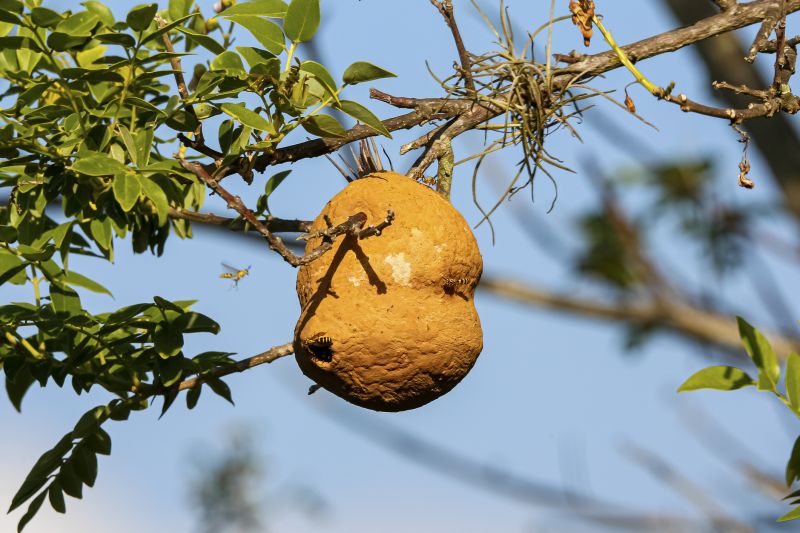
Popular materials for Wasp Nest Removals and why they hold up over time.
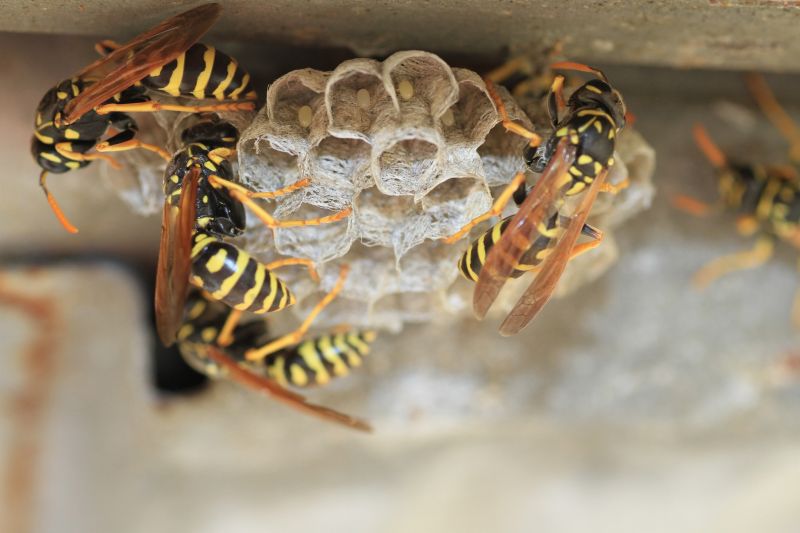
Simple add-ons that improve Wasp Nest Removals without blowing the budget.
Wasp nest removals involve understanding wasp behavior, nest construction, and lifecycle stages. Early intervention during spring can prevent large colonies from establishing, reducing risks and costs. Conversely, late-season removals during autumn or winter are typically safer and more straightforward, as wasps are less active or dormant. Proper timing ensures minimal disturbance and effective removal, reducing the likelihood of stings and nest regrowth.
| Season | Wasp Activity Level |
|---|---|
| Spring | Low to Moderate |
| Summer | High |
| Autumn | Declining |
| Winter | Dormant |
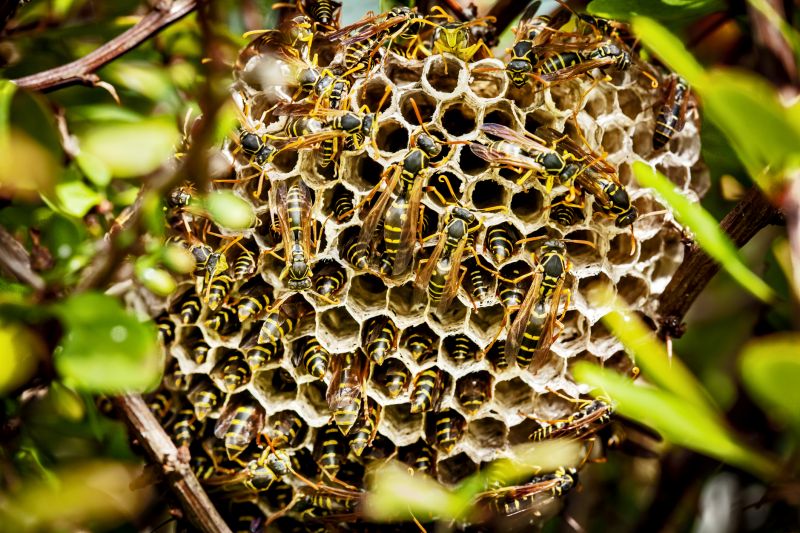
Early nest construction begins.
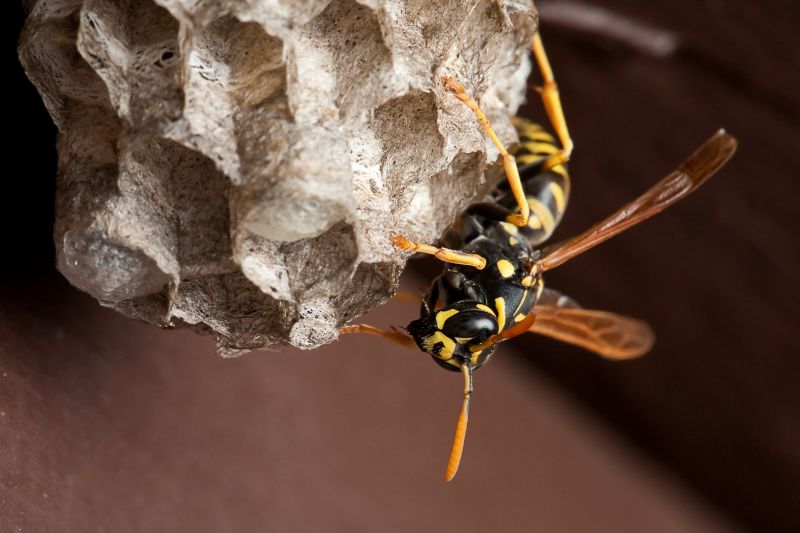
Largest colonies are active.
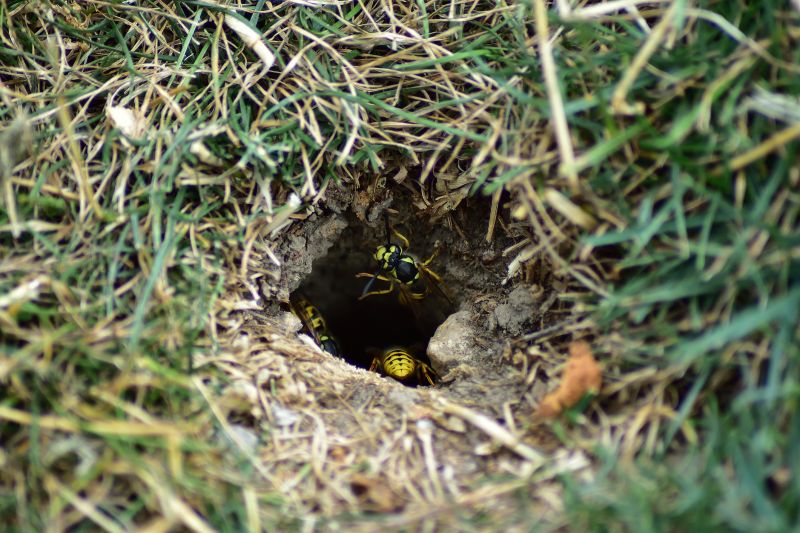
Nest activity diminishes.
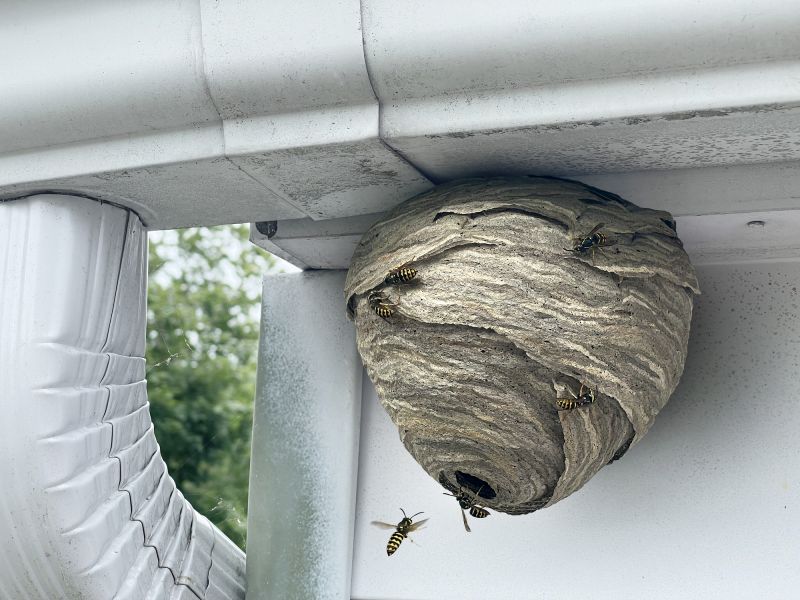
Nest is inactive or abandoned.
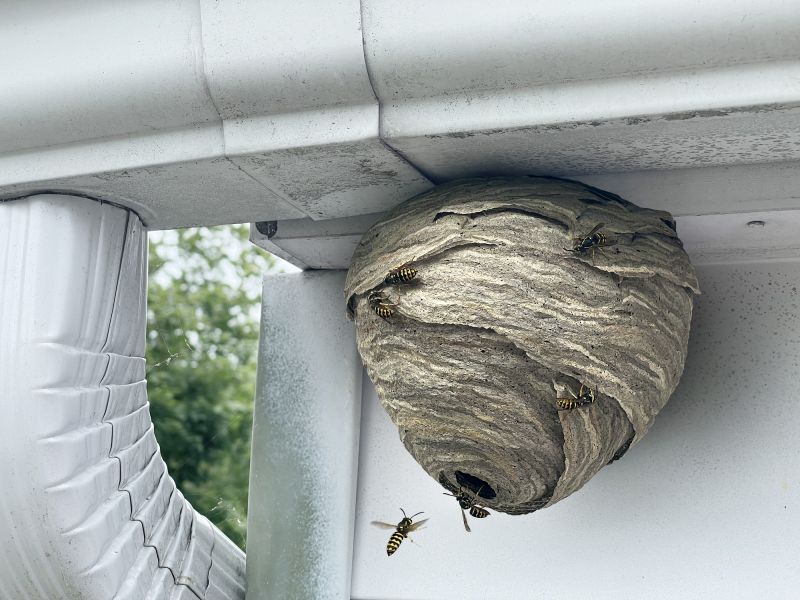
High-end options that actually feel worth it for Wasp Nest Removals.
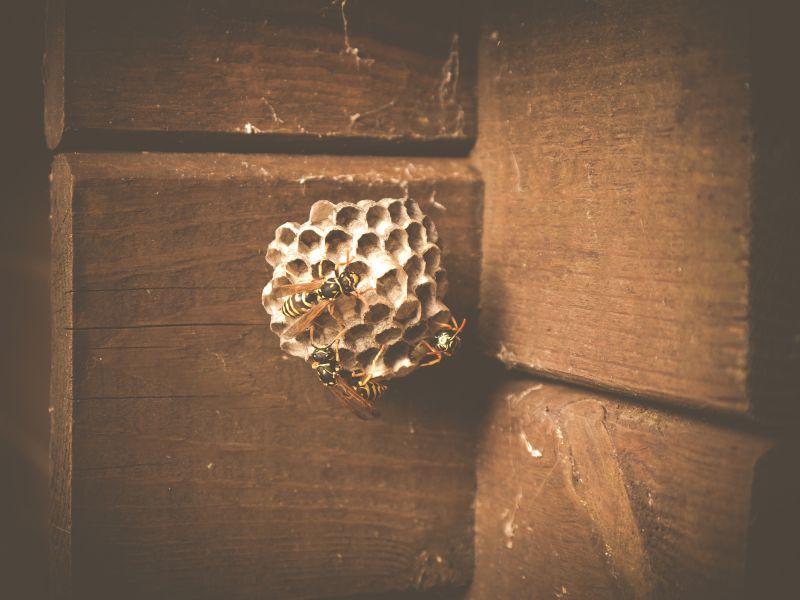
Finishes and colors that play nicely with Wasp Nest Removals.

Little measurements that prevent headaches on Wasp Nest Removals day.
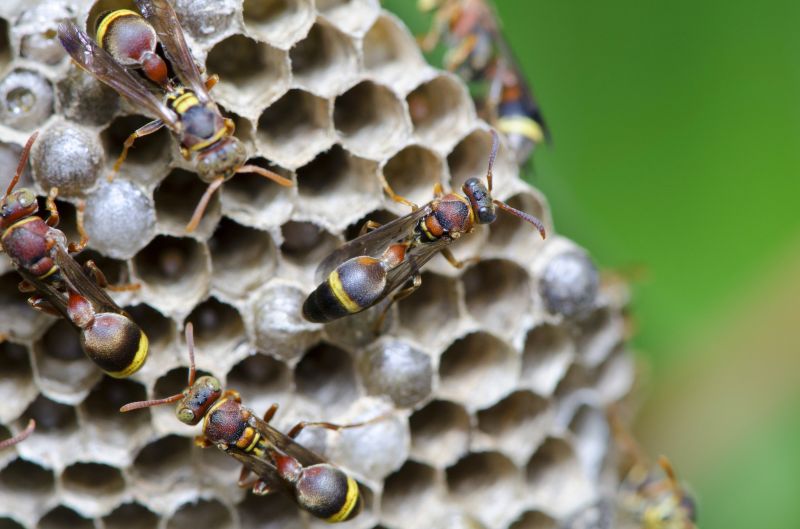
A 60-second routine that keeps Wasp Nest Removals looking new.
Choosing the optimal time for wasp nest removal depends on the colony's lifecycle stage and local climate conditions. Early spring offers the advantage of removing nests before they become large and established, often resulting in simpler and safer procedures. Autumn and winter removals tend to be less risky due to decreased wasp activity, but may require more precise timing to ensure nests are inactive. Proper scheduling enhances safety and effectiveness, reducing the potential for stings and nest regrowth.
Individuals seeking to remove wasp nests should consider the timing carefully. Early spring removal can prevent the colony from reaching full size, while late-season efforts capitalize on reduced wasp activity. Consulting with professionals can help determine the best period for specific locations and nest types, ensuring a safe and efficient removal process.
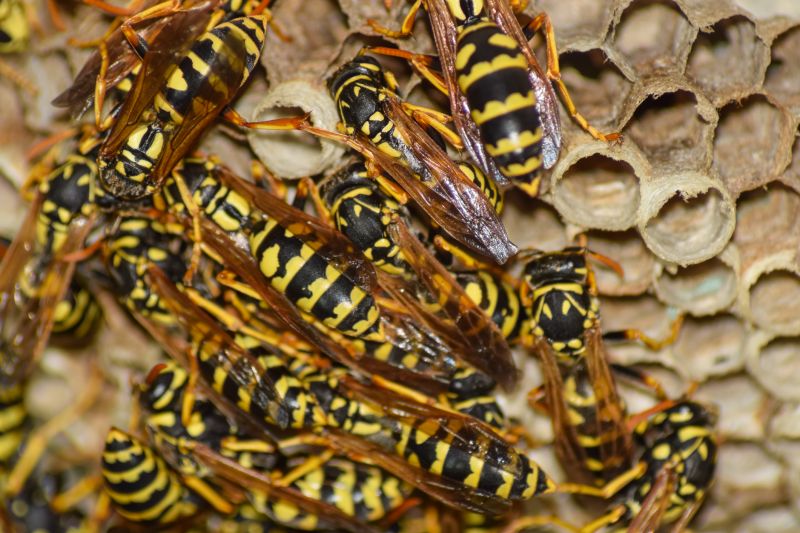
Preventative removal before colony expansion.
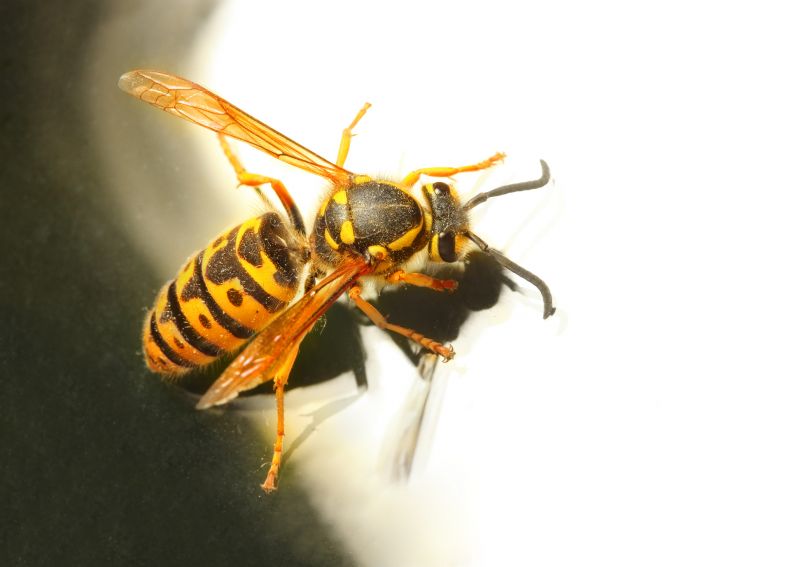
Easier removal with less activity.
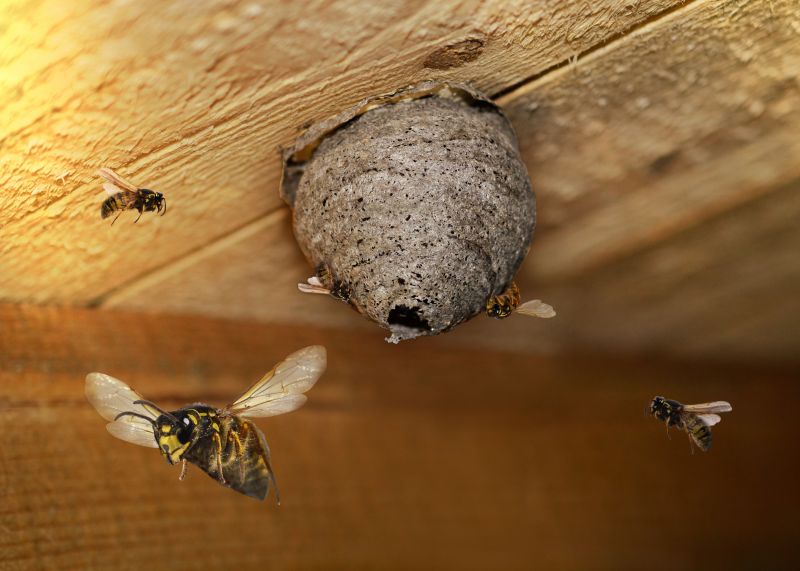
Inactive nests suitable for removal.
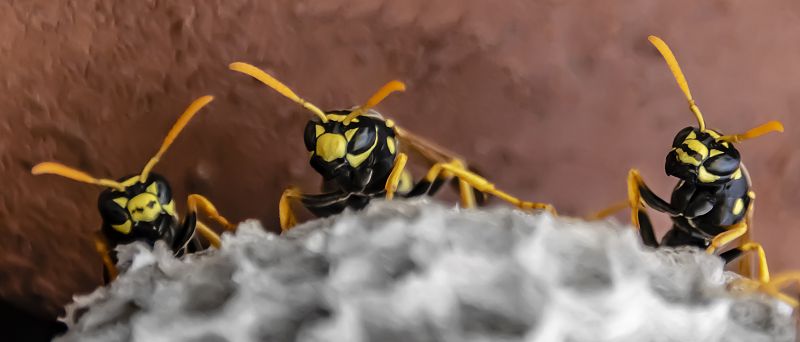
A frequent mistake in Wasp Nest Removals and how to dodge it.
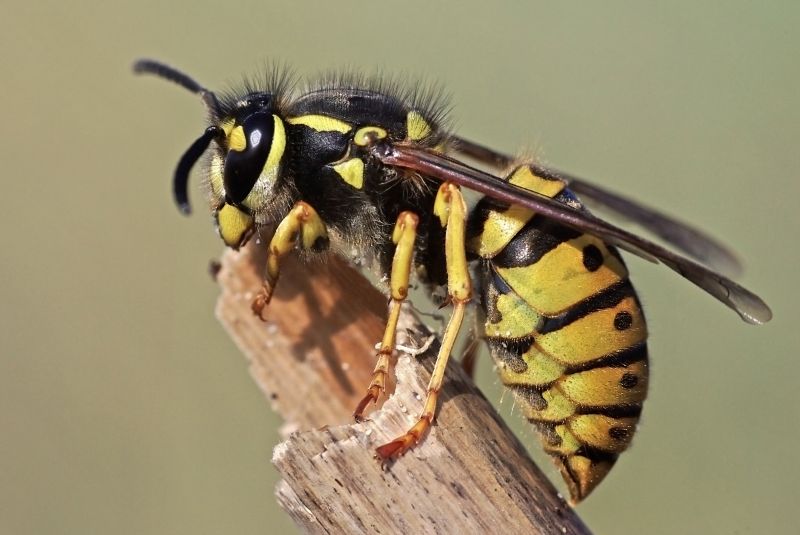
Small tweaks to make Wasp Nest Removals safer and easier to use.

Lower-waste or water-saving choices for Wasp Nest Removals.
Interested in scheduling a wasp nest removal? Filling out the contact form can provide guidance on the best timing for specific situations and help plan a safe removal process tailored to individual needs.
